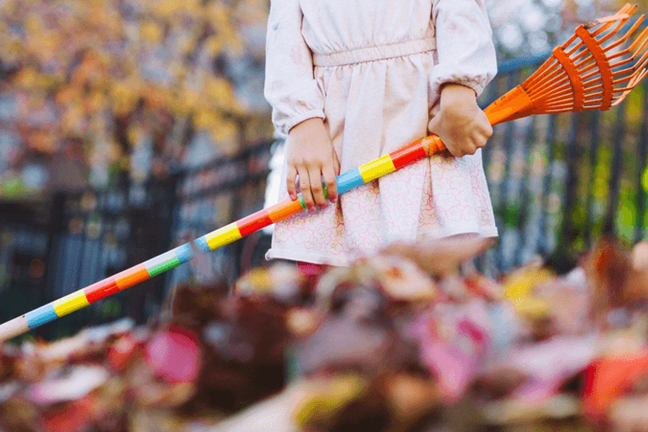6th May - 12 May 2018
Why do we need to reduce waste?
Up to 50% of the rubbish Australians put in their everyday mixed-waste garbage bins is organic material such as food waste. This goes to landfill and contributes to greenhouse gases such as methane and carbon dioxide as well as producing harmful leachate (liquids).
As well as taking up space in a landfill, organic waste is damaging to the environment when it breaks down inside a landfill, producing toxic leachate and methane gas. Leachate can damage waterways and aquatic life if it reaches local streams. Methane gas can cause dangerous fires within landfills and is also a greenhouse gas that contributes to climate change.
By composting organic material instead of sending it to landfill, we not only improve our environment, but also create a valuable resource that we can use in our gardens.
Better soil, Better life, Better future!

So why should we compost?
Every school day, lots of food scraps are generated that will often go into the rubbish bin and be sent to landfill. All those food scraps are ideal for composting and can then be used in a school garden. Composting is also a great way to teach kids about recycling - turning a waste product into something valuable.
This is nature’s way of recycling.
What can you place in your Compost Bin?
Food scraps, garden waste and shredded paper and cardboard can all be composted. Compost bays can be cheaply constructed using timber or there are also plastic compost bins and tumblers available.
- Grass clippings
- Tree prunings, dead flowers, weeds and leaves
- Food scraps (excluding meat and dairy)
- Tea leaves, coffee grounds, egg shellscompelted,
- Paper products (including torn paper, old newpapers, cardboard, egg cartons and paper towels)
Getting started
- Build or purchase a compost bin from your local hardware store or contact your local council. Closed compost systems, such as tumblers and bins with lids, are a good idea for schools as it helps limit rodents and organic materials being blown around.
- Think about where your compost bin will be located in your school. You’ll need to find somewhere outside that is easy to access but not too close to eating and outdoor play areas. After all, doing the right thing for our environment doesn’t always smell delighful.
- How will you get food scraps to the bin? Each class can have a small bucket to collect their food scraps or a larger bin can be placed in the playground that's designated just for food scraps. Create a roster of 'bin emptiers' that will take all the scraps to the compost area.
- Filling your bin The best compost is made using a variety of materials. It's important to use food scraps and small amounts of grass clippings (which are usually high in nitrogen) together with lots of dry leaves, shredded paper and cardboard (which is high in carbon). It's also a good idea to add a few handfuls of a pelletised chicken manure (such as Yates Dynamic Lifter) to each new batch of compost, which provides food for the composting microorganisms. Regularly sprinkle the compost with water to help keep it moist.
- Maintenance An aerated compost pile or bin, where air has access to the organic matter, will decompose much faster and have less odour than compost which is starved of air. Aeration can be done by regularly turning a compost tumbler or mixing the material in the compost pile or bin with a garden fork. Alternatively you can place garden stakes or pipes through the pile to help air reach inside.
